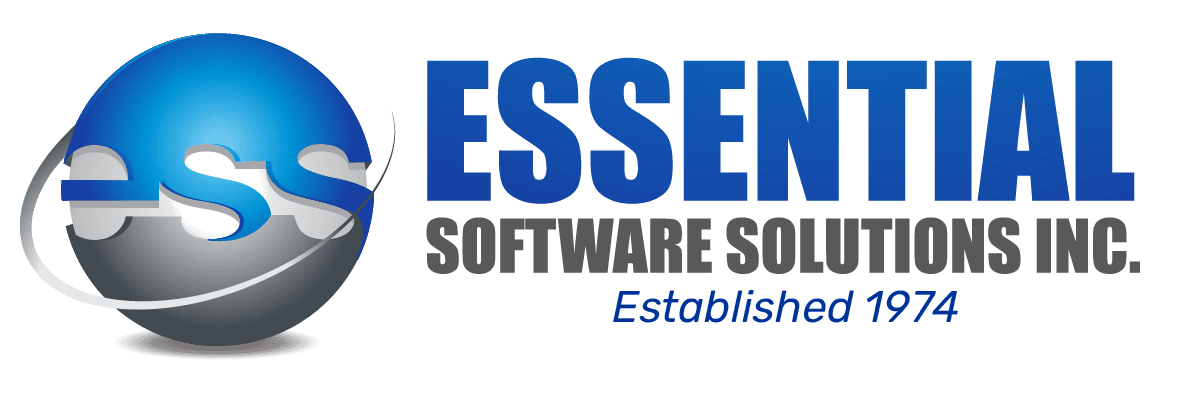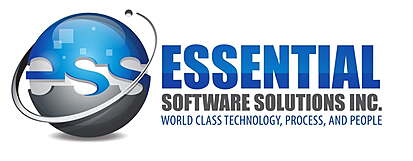Time to Challenge the Jargon
Every ERP vendor will claim to streamline operations, improve manufacturing efficiency, boost productivity, enable supply chain agility and even percolate your fresh coffee in the morning. These phrases and more have become constant marketing white noise—repeated across brochures, webinars, and from ERP salespeople.
Question: If every ERP vendor claims the same, how can manufacturers make informed decisions?
These claims sound exciting, however are only buzzwords that too vague to be useful. Rarely reflecting how a system actually performs on the shop floor.
In this article, we go under the surface and explain what these ‘sales promises’ really mean—and how a platform like Infor ERP doesn’t just promise. Infor delivers!
"Streamline Operations": More Than Digital Transformations
Many ERPs promise to digitize manual processes and streamline operations. That is a nice start—but it’s not the end goal.
- Are workflows dynamically prioritized based on real-time actuals?
- Is the system able to detect and resolve conflicts between supply and demand (throughout orders, machines, material, manpower, etc)?
Infor’s Take: Infor doesn’t stop at digitization. It uses real-time data and constraint-based scheduling to proactively identify where and when operations are will bottle neck or break down. "Severity of contention" helps manufacturers prioritize the right jobs, on the right machines, at the right time, every time—something static workflows can not do.
"Manufacturing Efficiency": It's Not Just About Leans
Efficiency can be interpreted as doing more with less—fewer people, less waste, faster set ups, shorter cycles, etc. While lean principles matter, in a world of high-mix, low-volume production and unpredictable customer demand, they are not enough.
The real question is: Can your ERP adapt efficiency in proactively and in real time?
Infor’s Take: Infor uses predictive analytics and real-time data from the shop floor to optimize resource allocation. Aligning actual capacity with demand forecasts and work order priorities—automatically. No guesswork, no speculation.
"Manufacturing Productivity": More Than Output per Hour
Productivity can be measured as output over time. But without context, those metrics are misleading. Is the system producing the right parts? At the right time? With minimal rework or downtime?
Infor’s Take: With Infor, proactive visibility naturally improves productivity. Infor simulates various production simulations before you execute. Know what the results will be before you start. Know what happens if you add a shift over the weekend? Do you ever get a rush order? Wouldn’t it be nice to immediately know which other orders will be impacted by taking on the rush order? Productivity backed by simulation and insight.
"Supply Chain Agility": It's Not About Being Fast, It's About Being Accurate
Supply chain agility is the newest buzzword, especially post-pandemic. But agility does not mean reacting quickly—it means anticipating disruption and knowing your options before problems occur.
Infor’s Take: Infor leverages AI and advanced analytics to detect supply chain risks proactively, model alternatives, and help decision-makers choose the best path forward. Whether it’s rerouting a shipment, adjusting a production schedule, or rebalancing inventory—Infor equips you to act before you're forced to react.
Don't Buy the Buzz: Demand the Detail
Buzzwords aren’t all bad—however they become meaningless if they do not provide real functionality that adds value.
Can your current ERP system:
- Predict disruptions?
- Prioritize work based on dynamically updated constraints
- Simulate outcomes before acting
- Adjust and correct in real time based on live data
Then it’s not delivering on promises—Sales pitches are impressive and polished. However the slogans that promise the moon are not important. What is important is what Infor does. Which is improving shop throughput without increasing overhead.











